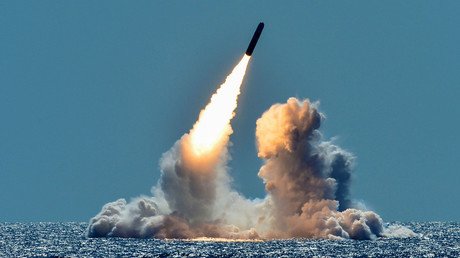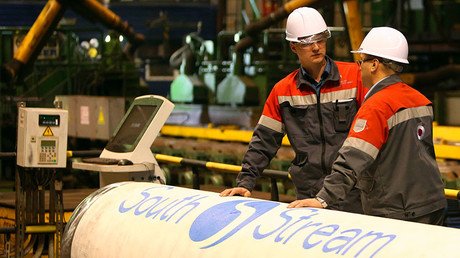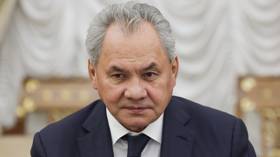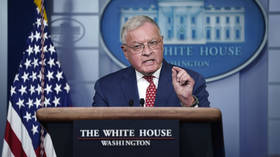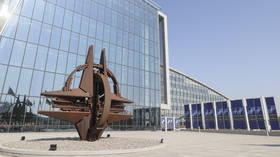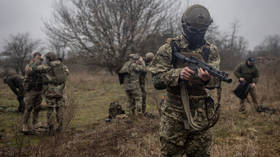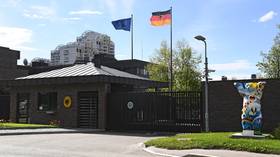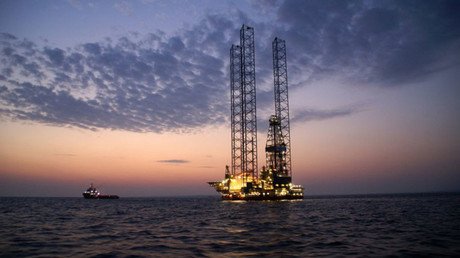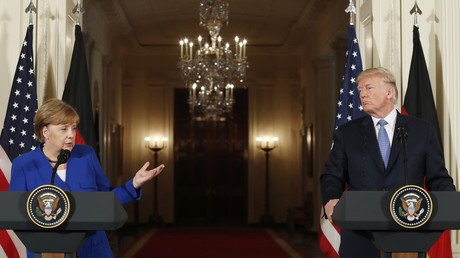UK worried over Germany’s Russian gas reliance as hot war scenario discussed with MPs
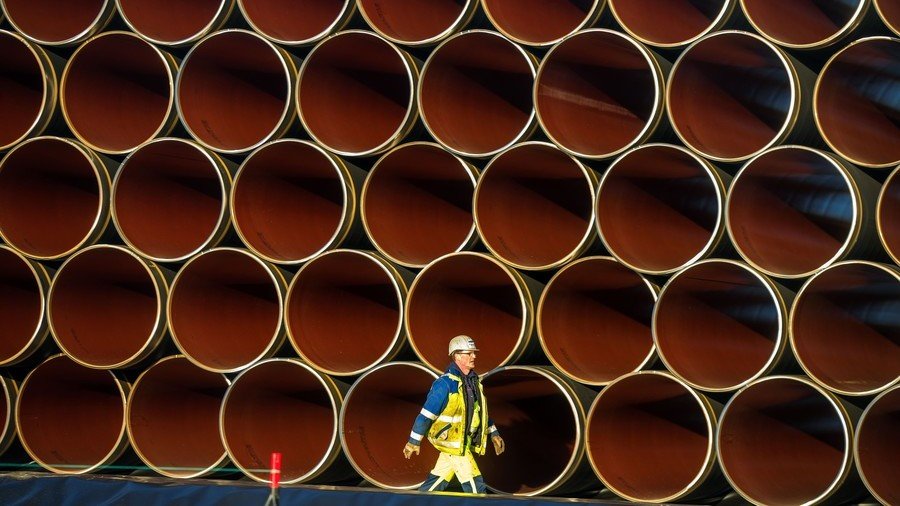
UK Defence Secretary Gavin Williamson told the Commons select committee of his fears of German over-reliance on Russian gas - should conflict arise between NATO and Moscow.
Williamson appeared during a Defence Committee on US, NATO and UK defense relations ahead of July’s upcoming NATO summit, where MPs scrutinized the MoD’s financial priorities as members of the alliance look to boost individual military spending to a minimum of 2% of their GDP.
Responding to a question on how quickly the UK could field a war-fighting division to the Baltics in the event of a conflict, Williamson said that while a force of 10,000 UK troops could be fielded between 2-10 days, a mechanized or armored brigade would take “significantly longer,” up to 20 days for deployment.
He added that all NATO troops, “not just British forces” would be used in the event of such a mobilization and said the alliance was still in discussions on how to boost military mobility.
When asked whether Germany’s reliance on Russian gas was “a fundamental flaw” in the proposition to deploy a rapid fighting force involving several nations, the Defence Secretary replied: “I wouldn’t like to go down the route on being dependent on Russia for anything.”
The secretary, who has made a name for himself with his hawkish comments, earlier told the committee that he was “proud” of the “significant role” the UK has played in NATO, adding that the alliance’s significance was growing more than ever with the UK exiting the European Union due to the growth of changing and “emerging threats.”
The threats in question included, for the attendees, the UK’s capabilities to counter the growing number of Russian submarines in the north Atlantic, as well as concerns among Baltic nations like Estonia, that Brexit would leave a “vacuum of leadership” within the bloc when discussing matters such as Russia’s Nord Stream 2 gas pipeline.
Russia, which is the largest supplier of gas to the EU, opened the Nord Stream pipeline in 2011 which supplies Germany directly with gas through the Baltic Sea. Nord Stream 2 looks to expand the pipeline with other firms such as Royal Dutch Shell involved.
However, the pipeline has faced opposition from the US and Poland, with former US Secretary of State Rex Tillerson saying in January that the pipeline undermines Europe’s overall energy security and stability.
Germany and Austria meanwhile, have not seen any problem with availing from cheap gas from Russia, citing its commercial advantages.
In turn, Williamson added that there are “significant concerns” among the US that Russian maneuvers to increase reliance on its gas could leave countries like non-NATO member Ukraine isolated.
UK commitment to NATO could be seen in its “long history” in dealing with the submarine threat in the north Atlantic, and the UK was also capable of boosting its capabilities to counter a further growth in Russia’s submarine presence.
Britain’s commitment to defending from such underwater threats could be seen in the upgrading of its ageing Type 23 frigates, and the production of the “highly capable” Type 26 anti-submarine warfare (ASW) frigates, eight of which are being planned by the MoD, Williamson said.
Other ASW capabilities being invested in by Whitehall are 9 P-8 Poseidon maritime patrol aircraft, to be based out of RAF Lossiemouth, its Astute-class nuclear-powered attack submarines, as well as a planned upgrade of older Merlin helicopters to the ASW role.
Like this story? Share it with a friend!
